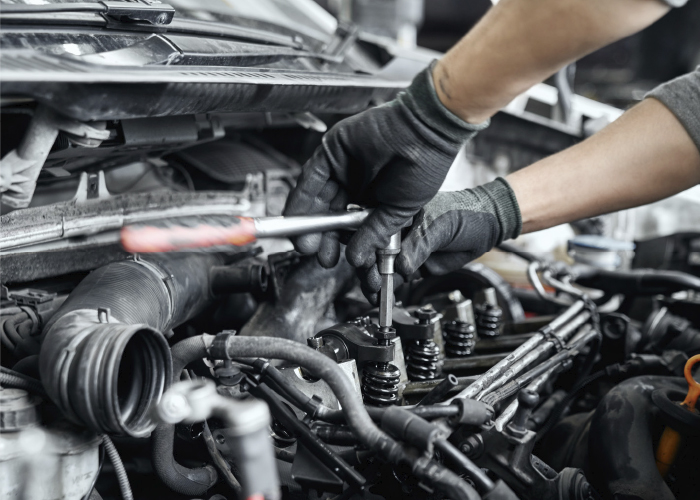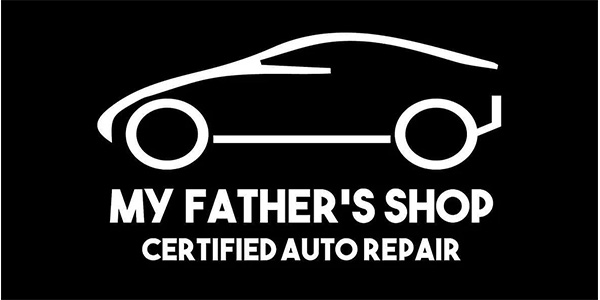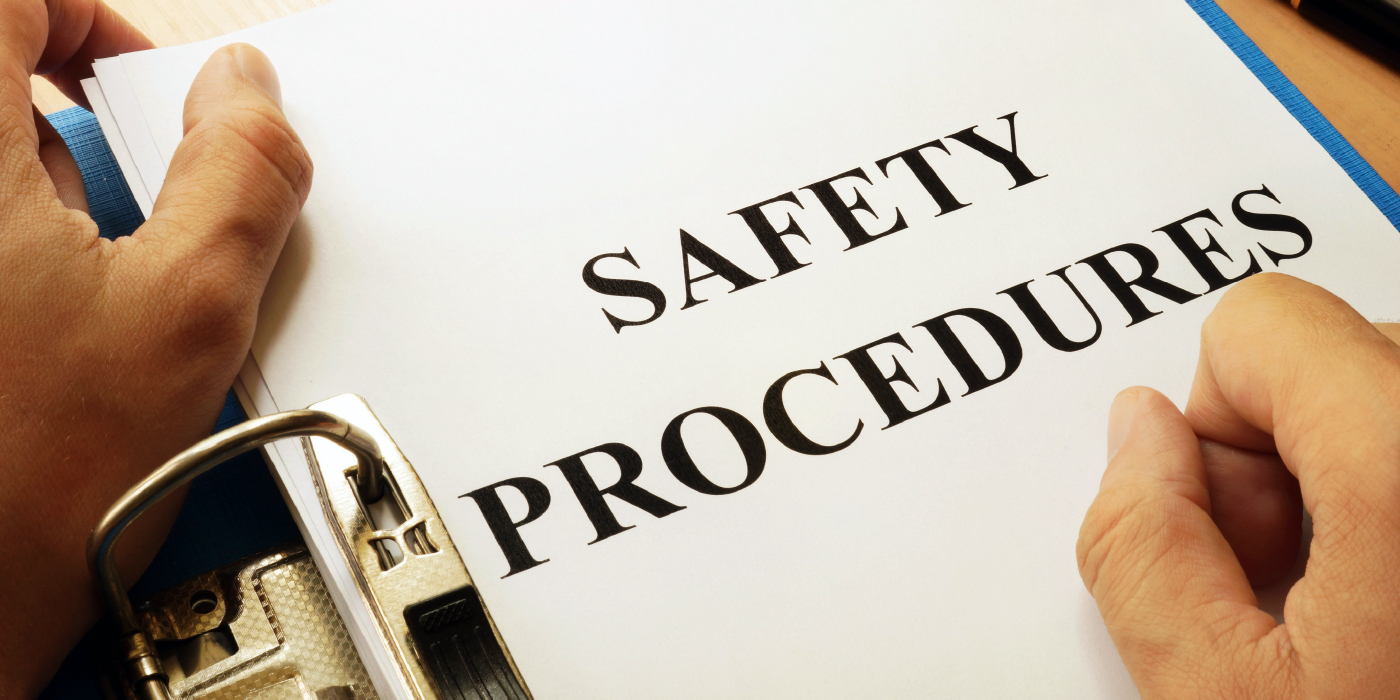Probably the biggest disservice anybody did to the auto repair industry was convincing us that preventive maintenance should be an upsell or an add on.
The technician shortage is set to rock the industry in coming years, as it becomes harder and harder to hire quality techs. Luckily, we’ve learned that there are shop management tools to help us become more productive with fewer techs.
But convincing ourselves that preventive maintenance is an upsell is like a cancer eating away at our industry – and it will take more than software or hardware to cure it. When a rogue shop rips off a customer and it leads to a primetime exposé, it hurts all of us…but together we can work to repair our industry’s image.
Preventive maintenance is not only NOT upselling and NOT an add on – it’s some of the most important work your shop can do, and getting over the upsell hurdle is the secret to happier customers, happier technicians and more money in your bank account.

Highlight Features, Benefits & Value
The key to getting past the “upsell” label is to consider what preventive maintenance does for the customer. Preventive maintenance means buying fewer parts over the lifetime of the vehicle. It means a lower cost to own. It means fewer expensive breakdowns. And it means better sale and trade-in value.
In other words, there’s significant value for customers who choose to do regular preventive maintenance. And that word – value – is a key part of how we present it to the customer.
In my shop, we consciously present the features, benefits and value when we discuss preventive maintenance. And if you’re in the “don’t want to upsell” camp when it comes to preventive maintenance, this way of thinking can help you, too.
Features are straightforward – it’s what I’m proposing we do when I recommend a service. It’s the literal definition of what we’ll be draining, flushing, inspecting, repairing or replacing.
Benefits start to quantify services in the customer’s mind because they describe “what’s in it for me” to them. Will this prevent premature failure? Will it extend the life of a part? Will it reduce emissions? Will it improve gas mileage? Benefits make something like a flush much more tangible – it’s no longer a colorless fluid being drained by a faceless technician, it’s a genuine benefit to them, to the environment and to their safety.

Showing them the value drives it the rest of the way home, because it tells them exactly how this service will make or save them money. Being able to sell a vehicle above Blue Book value because it has been regularly maintained can mean thousands of extra dollars in their bank account down the road. Fewer broken parts can mean thousands in savings over the life of the vehicle.
And with that, it should be clear that preventive maintenance is the furthest thing from an add-on or an upsell – it provides real benefit and value to the customer, which is the furthest thing from an upsell.
Show You Care and Fill the Pipeline
This is why customers at my shop don’t see preventive maintenance as upselling. They see it for what it is: we care enough to educate them about ways that they can reduce the cost to own and operate their vehicle and maintain the value of their investment.
Customers are smart enough to understand the value of preventive maintenance. And the incredible thing is that great customers don’t just purchase those recommendations, they are thankful you made them.
At this point, you might be thinking to yourself, “if we focus on preventive maintenance, we’ll sell our way out of a job.” And yes, doing preventive maintenance today likely can prevent that same vehicle from coming back down the road with an expensive repair.
But the secret to sustained success in our shop is that earning their trust and loyalty by helping them maximize their current vehicle pays far bigger dividends than the expensive repair you’re preventing.
Because now, instead of the repair shop they have to come to only when there’s trauma, you’ve instead become their “car guy” who is out to help and protect them. When you’re their car guy, they send their family and friends to you. They ask for your recommendations about vehicle purchases. They seek your advice about what car to get for their child heading off to college.
We call this the Production Pipeline. When we take the time to educate customers, and earn their trust and loyalty, we’re filling a pipeline of future work that keeps us sustainably busy with a steady stream of trusting customers.
Beyond the sustainable increase to sales and profits, beyond the high-gross-profit sales that preventive maintenance brings, there’s also the impact it has on your team.
In the short term, technicians are unlikely to complain about having gravy work like flushes padding their billed hours each paycheck. But beyond that, creating a pipeline of customers who value having a full inspection, and being educated about each item, and who trusts you enough to approve those recommendations, means that technicians see the value in doing thorough inspections on every vehicle, every time.
The best place to start this shift is by focusing on identifying the features, benefits and value of your shop’s preventive maintenance services.
And when service writers see the customer appreciate the education and purchase recommendations, they’re more likely to discuss the entire writeup with every customer, every time.
Together, this means higher average repair orders, increased sales, employees that feel valued, better shop attitudes and sustainable growth.
You get more of what you choose to focus on. If you focus on preventive maintenance as a sleezy upsell, you’ll get customers who see through the charade and feel abused. If you focus on preventive maintenance as a way to save money, prevent expensive breakdowns, maintain the value of a vehicle, and as something that truly helps your customers, your customers will feel the love and embrace you for it.
The best place to start this shift is by focusing on identifying the features, benefits and value of your shop’s preventive maintenance services. When you understand and can convey the real value in these services, you’ll be much more satisfied in your job – and much more secure in the knowledge that you’re truly helping your customers.














